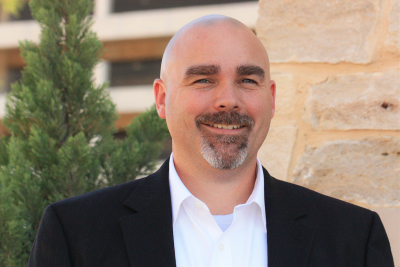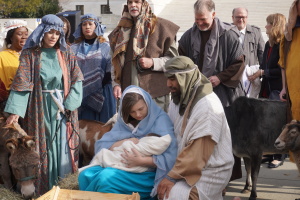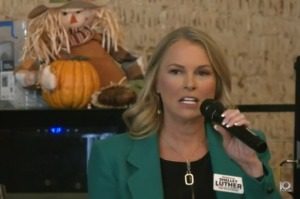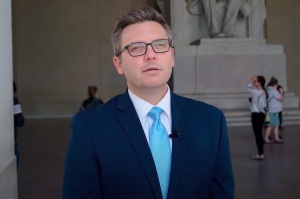The Church Can Solve the Adoption Problem

I have the incredible privilege of working on a team at Human Coalition that saves babies and families from the ravages of abortion. To date, we have cooperatively rescued 6,159 babies and their families from the pain and trauma of abortion. In this great work, we also hear many concerns and even challenges from well-meaning people who wonder about the unintended consequences of our work.
One of the most common concerns is often stated in the form of a question: "Who's going to take care of all the babies if we end abortion?"
The implication is that we will need to find homes to care for them — adopt them. That is unreasonable at a rate of 1 million babies a year when we already have a foster system that is overworked and underfunded.
But what is the truth?
We at Human Coalition love data. We have numbers for everything from the effects of paint color on life decisions to the impact of an exclamation point in an ad. We love numbers! And our numbers tell us that more than 98% of the women who choose life after contacting us will choose to parent their children on their own, not placing them for adoption. If you extrapolate that number, we would only need to find homes for 20,000 children.
That may still seem like a huge number, but let me share with you some more numbers. According to the most recent figures available from the Adoption and Foster Care Analysis and Reporting System volume 23, there are 427,910 children in the foster system in the United States today. Of those, 111,820 are legally eligible to be adopted. If you add this number to the 20,000 we save from abortion who will need to be adopted, we are now looking at over 130,000 children who need to be adopted. I am not even including the healthy children for whom folks are lined up to adopt from the private adoption agency.
So now we are left with a dilemma: How do we find homes for these 130,000 children who need families to care for them? What can we do? The answer is the church!
There are over 309,000 Christian churches in the US. We all share the same commands to care for the most vulnerable in our midst. The Lord commanded that fields not be gleaned a second time and that forgotten sheaves be left so that the orphan, the widow and the alien in our midst could come, gather and eat (Deut 24:19-21). God set up tithing and festival laws to make sure this same group of people were cared for (Deut 14:29 & 16:11,14). Judah was warned to defend the fatherless (Is 1:17), implying they were not doing a very good job of it. And then, of course, there is James 1:27. Pure and undefiled religion includes caring for orphans.
The word translated in the NKJV as "visit" literally means to care for, to take care of. It's not a one-time event. Caring for is a little more long term than that. The situation is not going to be taken care of by one visit, one meal, or one backpack filled with school supplies. It takes a commitment by the church to meet a need.
This is not to say that every believer is called to adopt. That is certainly not the case. But we are all commanded to play a role in caring for the orphan. It may mean supporting a family that is adopting or fostering. It may mean providing respite care for an exhausted adoptive mom. It may mean learning more about trauma so that you better understand the child who comes out of the system and don't judge the adoptive parents for the challenges they deal with or the ways that they have to parent the hurting child. It may mean loving on case workers through gift cards or other gifts, so they are refreshed to do their job well. There are many ways we can care for the orphan.
But let's look back at the numbers. Over 309,000 churches. Over 130,000 children that will need to be adopted if we end abortion and intend to empty the foster system of waiting children. If one family in every 2.5 churches chose to adopt, we would not have any children waiting for a forever family. If the others in each of those churches loved and cared for that one family well, we would have healthy adoptions and stronger communities. If the other churches in the community got themselves ready for the next year, we would have waiting churches and waiting families, but not waiting children. We could solve the problem immediately.
The problem of children needing families in America is an eminently solvable problem. But the real problem is that the church, who is commanded to care for the most vulnerable, has turned its back instead. The warning to Judah should be heard as a warning to us today. It's time to rise up and be the church.




























